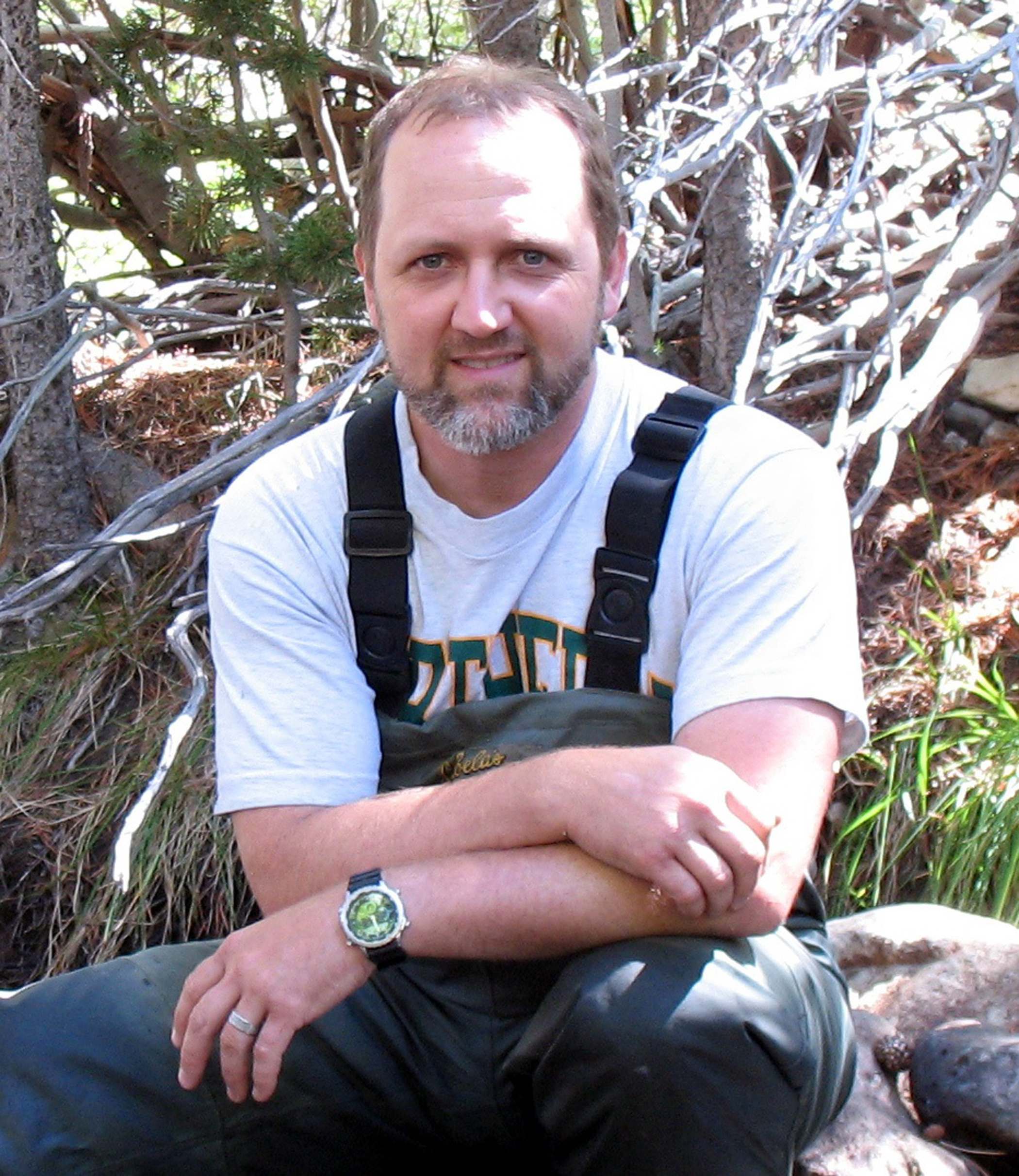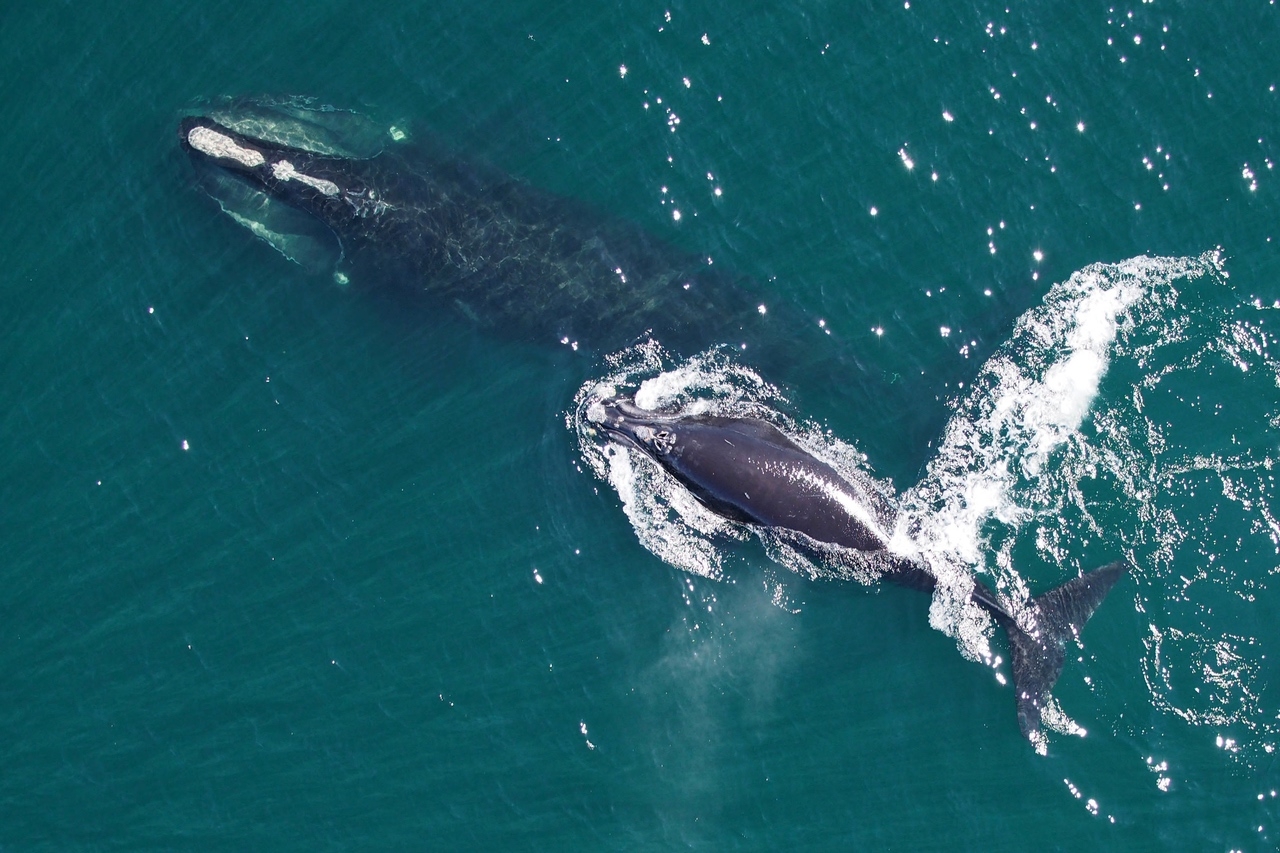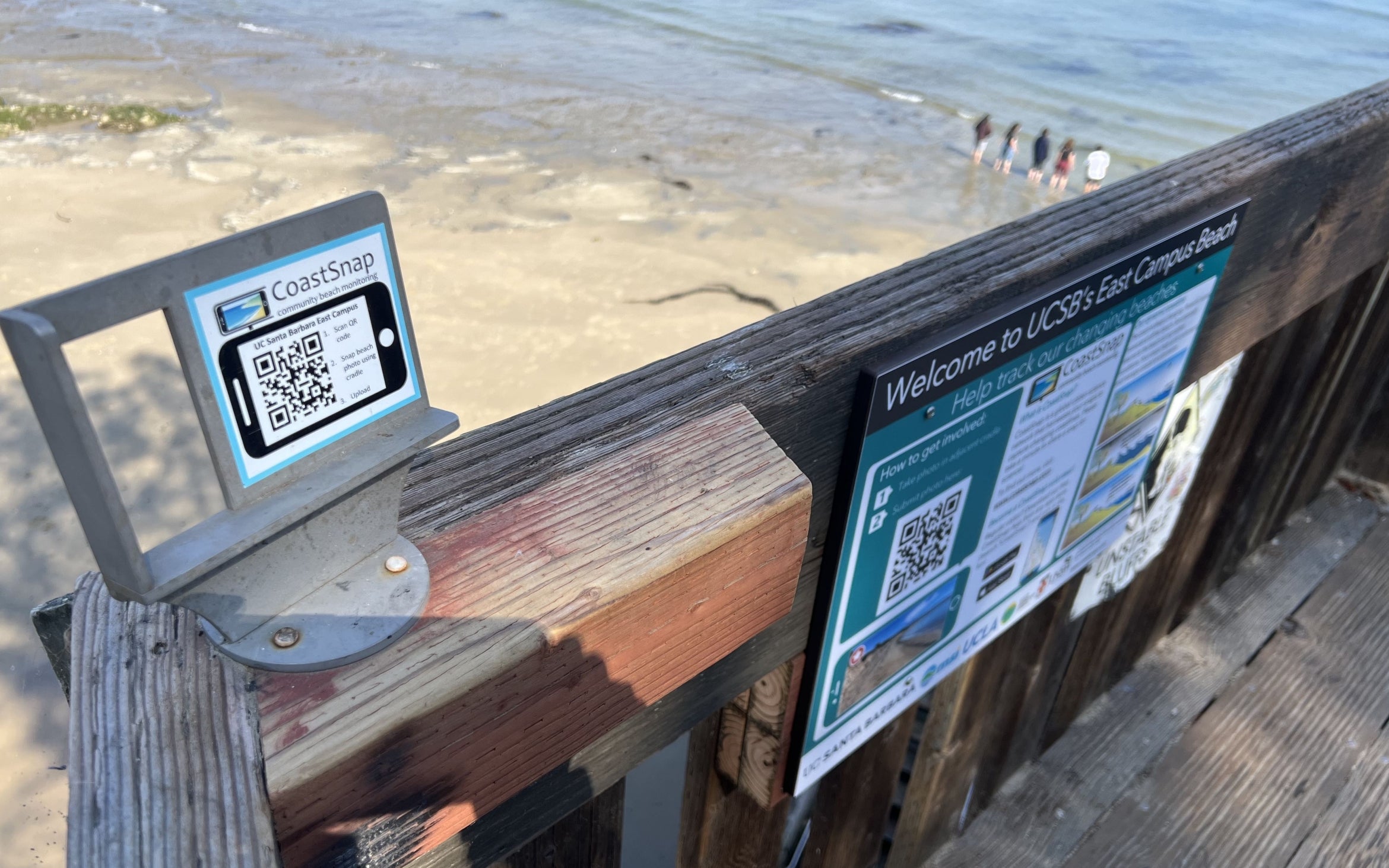
The world is currently in the midst of one of the greatest waves of species extinction that has ever occurred. But, even as rates of species extinction are approaching those of prior mass extinctions, scientists know little about the different roles that species play in natural environments. They know even less about how the well-being of our own species might be linked to the great variety of life that is the most striking feature of our planet.
Bradley Cardinale, assistant professor in UC Santa Barbara's Department of Ecology, Evolution and Marine Biology, will discuss biodiversity and species extinction in his Harold J. Plous lecture on Wednesday, May 19. The event will be held at 4 p.m., at the Bren School for Environmental Science & Management, Room 1414. The lecture is free and open to the public.
In this lecture, Cardinale will evaluate the evidence for a classic ecological hypothesis that Earth's life-support systems depend on the variety of species that inhabit it. "The idea that biological diversity regulates the production of food, the cleanliness of air and water, and outbreaks of pests and disease has been around since the time of Darwin," said Cardinale. "But while these ‘services' of natural ecosystems are often touted by environmentalists to justify conservation, they have been highly controversial among scientists."
Until the 1990's, there was very little evidence to establish a clear link between biological diversity and the rates of biologically essential processes, he explained. Cardinale will review the explosion of new research on this topic over the past two decades, and ask the difficult but critical question: How many species does our planet need to support higher life?
Cardinale received his Ph.D. in biology from the University of Maryland in 2002, and completed his postdoctoral research at the University of Wisconsin-Madison.
Cardinale's research is aimed at understanding how human alteration of the environment impacts the biological diversity of communities and, in turn, how loss of diversity can affect ecological processes that are important to humanity. He has published nearly 60 scientific papers that help guide efforts to conserve and restore natural ecosystems.
Cardinale received the 2009-10 Harold J. Plous Award in June. The award is one of the university's most prestigious faculty honors, given annually by the College of Letters and Science to an assistant professor from the humanities, social sciences, or natural sciences who has shown exceptional achievement in research, teaching, and service to the university. The award was established in 1957 to honor the memory of Harold J. Plous, an assistant professor of economics.
Issued: 5/5/10;
Corrected: 5/6/10



